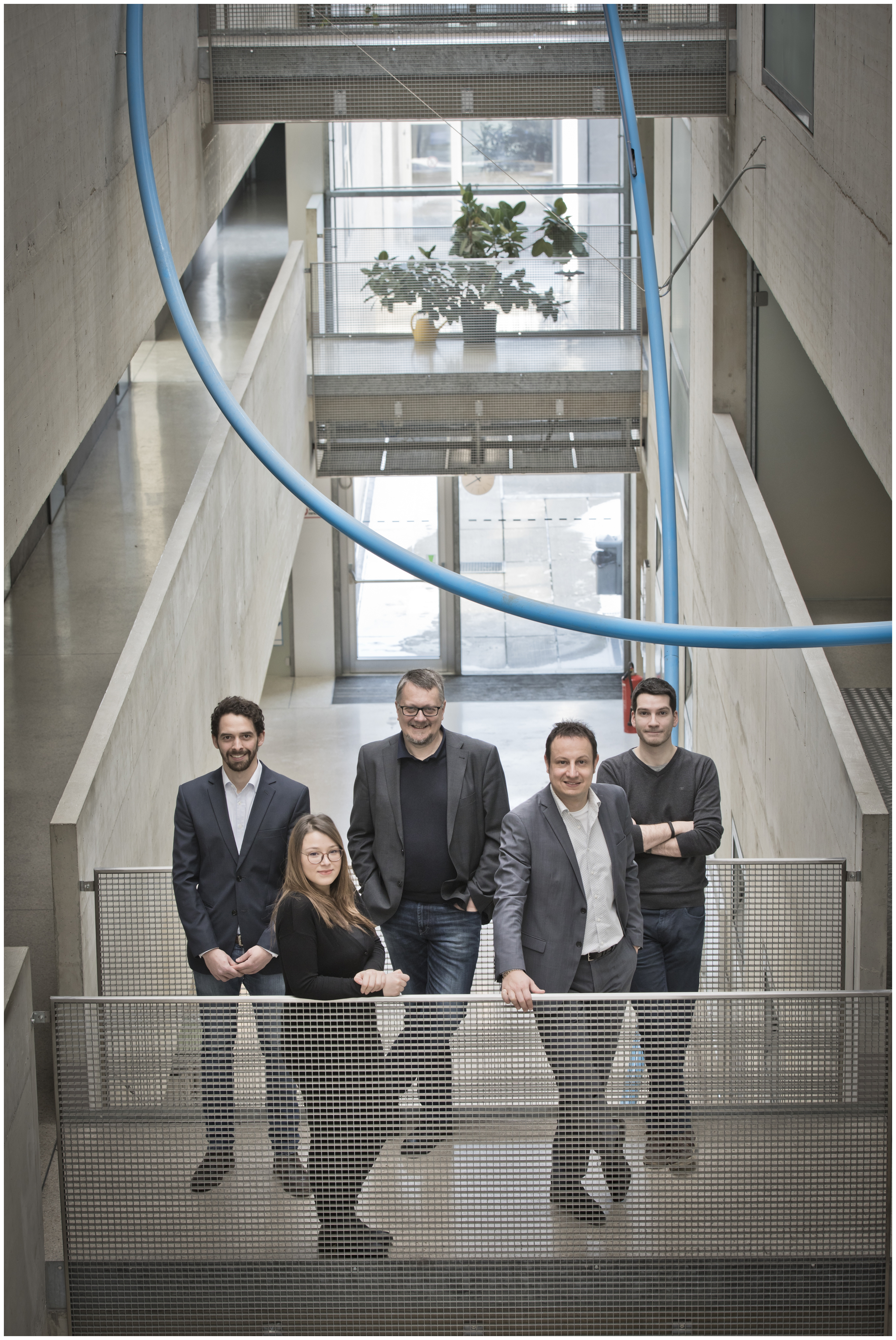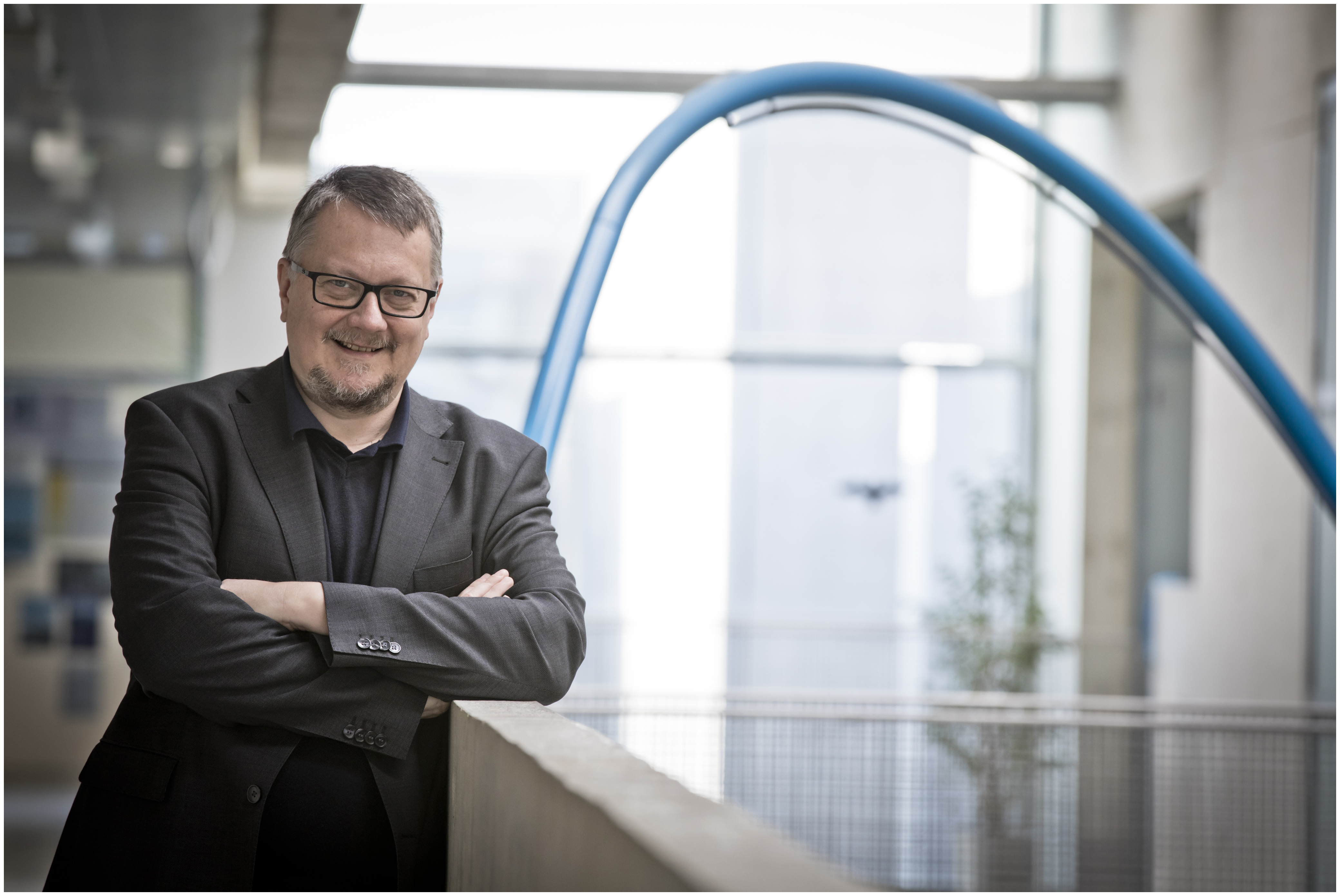Quality assurance for autonomous systems: TU Graz opens Christian Doppler lab

Economics ministry promotes basic research and innovation
‘Whether autonomous vehicles or Industry 4.0, to ensure that digitalisation works, its systems and applications must be secure,’ stressed Dr. Margarete Schramböck, Federal Minister for Digital and Economic Affairs. ‘This CD lab is making an important contribution to this and at the same time will strengthen competitiveness of the corporate partner. Not only all those involved but in the final analysis the whole of society will benefit from the new answers to the challenges of digitalisation.’‘MOT certificate’ for autonomous systems software
There are still a number of hurdles for autonomous vehicles, from technical feasibility and legal issues to general acceptance by the population. From the point of view of the automotive industry, the question of guaranteeing safety is paramount. Franz Wotawa, head of the new CD lab explains: ‘Boldly stated: a traditional car has to go for a regular inspection and receives an MOT certificate (certificate of road worthiness). In an autonomous car, the software is itself an element which must fulfill high-quality criteria and be certified itself. Standardised inspection procedures are necessary for this. We now want to develop methods and techniques for this quality assurance in the CD lab together with AVL using autonomous driving as an application case, but also which would be valid in an extended sense for all cyber-physical systems.’The cooperation of many years between AVL and the Christian Doppler Society has allowed the company to deepen its knowledge of technologies and methods and thus to expand its product portfolio. Mihai Nica, contact and research partner of AVL, confirms: ‘To bring autonomous vehicles to market, the industry needs new verification approaches from the field of informatics and software. The challenge lies in defining a testing programme which could safeguard such self-driving software-driven systems with respect to all critical traffic situations.’ In this sense, the CD lab complements AVL’s further research activities in the field of quality assurance measures for autonomous vehicles.
Developing standardised testing methods
To be able to test an autonomous car at all, you have to let it drive for some 200 million kilometres. In comparison, with traditional cars you need 10,000 or 20,000 kilometres. Against the background of virtual tests, which are a viable alternative, autonomous cars as well as self-learning and adaptive systems in general raise some big questions: What scenarios will take place at all? How will they be combined with each other? And in particular: regarding a system that has constantly learnt and adapted itself, when do you know that it has been sufficiently tested and when can you issue a guarantee for this?In the framework of the CD lab, researchers will also apply themselves to the question as to how the system can find its way out of unfavourable scenarios independently. Wotawa: ‘We have to know in what framework an autonomous cyber-physical system works, for instance what absolutely must not be allowed to happen. And when that worst-case scenario does happen, how the system can be safeguarded so that it will take measures to pull itself out of this violation of conditions as soon as possible.’ Such a violation in the case of an autonomous car, for instance, would be when the car wants to brake or accelerate, but the sensors report that the tyres have not reacted. ‘The system must not only immediately recognise that something has happened, it’s also an urgent question of how it reacts.’
But even outside the automotive industry, quality assurance measures for software of interacting electronic systems, whether for communication, data transfer or monitoring, are in demand now. Franz Wotawa emphasises: ‘The example of autonomous driving is an application case for us in which we can illustrate our very theoretical work in the context of the CD lab. There are many other applications of cyber-physical systems which have nothing to do with autonomous driving, for instance Smart Production, the Internet of Things (IoT) with its digital business models and robotics.’
Active (and already opened) <link https: www.tugraz.at en tu-graz university cooperations centres-of-competence-and-christian-doppler-laboratories _blank int-link-external external link in new>CD labs at TU Graz:
- CD-Laboratory for Quality Assurance Methodologies for Autonomous Cyber-Physical Systems
- CD-Laboratory for Design of High-Performance Alloys by Thermomechanical Processing
- CD-Laboratory for Model-Based Control of Complex Test Bed Systems
- CD-Laboratory for Brushless drives for pump and fan applications
- CD-Laboratory for Fiber Swelling and Paper Performance
- CD-Laboratory for Semantic 3D Computer Vision
- CD-Laboratory for Lithium Batteries - Ageing Effects, Technology and new Materials
Kontakt
Univ.-Prof. Dipl.-Ing. Dr.techn.
TU Graz | Institute of Software Technology
Inffeldgasse 16b/II, 8010 Graz
Mobile: +43 699 11692161
<link>wotawa@ist.tugraz.at





